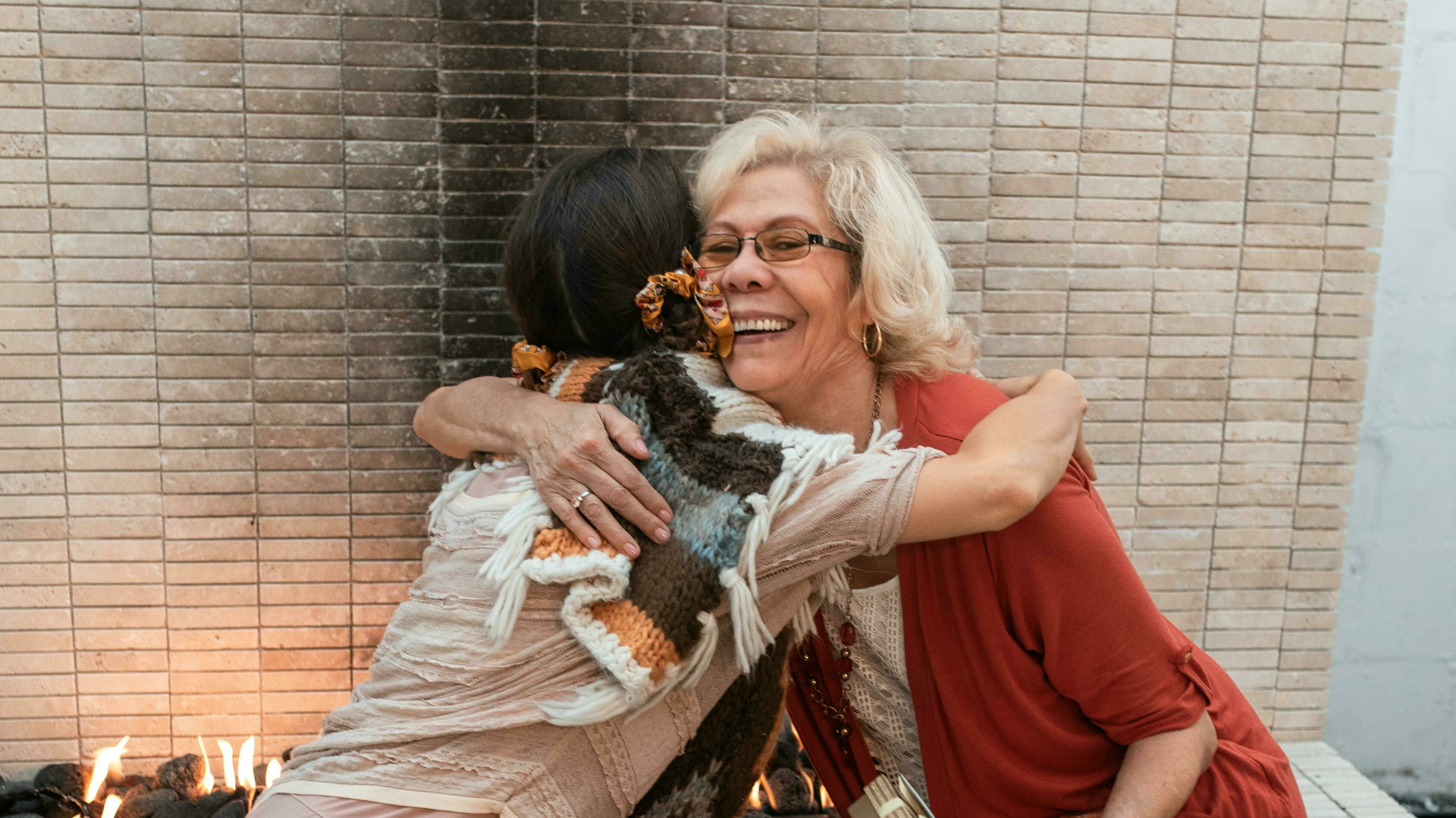
Monday 18th March 2024
Keeping score of your brain health and the most overlooked factor
Louise Morse
After Einstein’s death, scientists examined his brain to see if they could discover what it was that made him a genius A surprising finding was that his brain was slightly smaller than most, but some parts were above average, particularly those linked to mathematical ability and visuospatial cognition. They concluded this was the reason Einstein could perform the conceptual gymnastics needed to think about time and space with such imagery and abstraction –the sort of skills you need at a busy traffic roundabout gauging the space between oncoming vehicles and how fast your car can go, only a hundred times more powerful. We may not have brains like Einstein’s, but we can make the most of what we have by taking care of its health. Now scientists at a leading Brain Centre in America have devised a Brain Care Score (BCS) to check your brain health, while a neurologist points out the mostly overlooked factor that is the most important of all.
Einstein was 76 when he died of an abdominal aortic aneurism, thought to be caused by his addiction to smoking a pipe. Smoking increases the risk of dementia by 30-50% and researchers estimate that 14% of dementia cases worldwide may be attributable to smoking.
The new Brain Care Scorecard (BCS) has been devised to predict how individuals’ current habits might impact future brain health. It’s accessible through the Massachusetts General Hospital website.
It’s the first of its kind, according to Dr Andrew Benson, a lecturer in neurology at Harvard Medical School, who said, ‘It’s a real service that the researchers have developed a scale like this. It’s the first study to show whether scoring worse on the scale raises your risk for dementia and stroke.’ He added that although it’s new, the BCS is really wrapping together well known health factors in a new easy to follow packaging.
The facts behind the BCS came from a study involving nearly 399,000 adults aged 40 through 69 (average age 57; 54 percent women) who contributed personal health information to the UK Biobank. During an average follow-up period of 12.5 years, there were 5,354 new cases of dementia and 7,259 strokes. Participants who scored higher on the BCS at the start of the study had lower risks of developing dementia or strokes over time.
The BCS (called the McCance Brain Care Score), tallies points from 12 physical, lifestyle, and social-emotional domains. Physical components cover blood pressure, blood sugar, cholesterol, body mass index (BMI), and lifestyle components include nutrition, alcohol intake smoking, aerobic activities and sleep. Socio-emotional components include psychological factors, including the meaning of life.
Dr Budson said that if he had to choose just one factor, he would focus on the meaning of life. ‘It means you generally feel your life has meaning or purpose.’ It springs from deep, quiet thought about your life’s purpose, and what you want it to be, whether you expect to live a long time or just a few years.
‘Once you have a purpose, then you have a reason to follow through with assessing all the other items on the BCS scale and seeing what you can do so you will be around longer, and be competent and capable longer, to help fulfil the meaning and purpose of your life.’
Our lives have meaning because they were planned by the Creator Himself, (Psalm 139). Not only did He plan our lives, but He equipped us with all we need to follow that plan (Ephesians 2:10). We don’t often stop for ‘quiet thought’ about our life’s purpose, but when we do and we read the Scriptures, we are affirming that one factor that is the most strengthening of all on the Brain Score.
More from Pilgrims' Friend Society

My father rejects his diagnosis of dementia. Why is this? >

Dementia Information Pack >
A series of leaflets on different aspects of dementia, including diagnosis, caring, managing challenging behaviour, caring for the caregiver, and much more....

Could It Be Dementia? >
This book insists that losing your mind doesn't mean losing your soul. It offers information, practical advice and reassurance by putting dementia firmly into a Christian context.



































